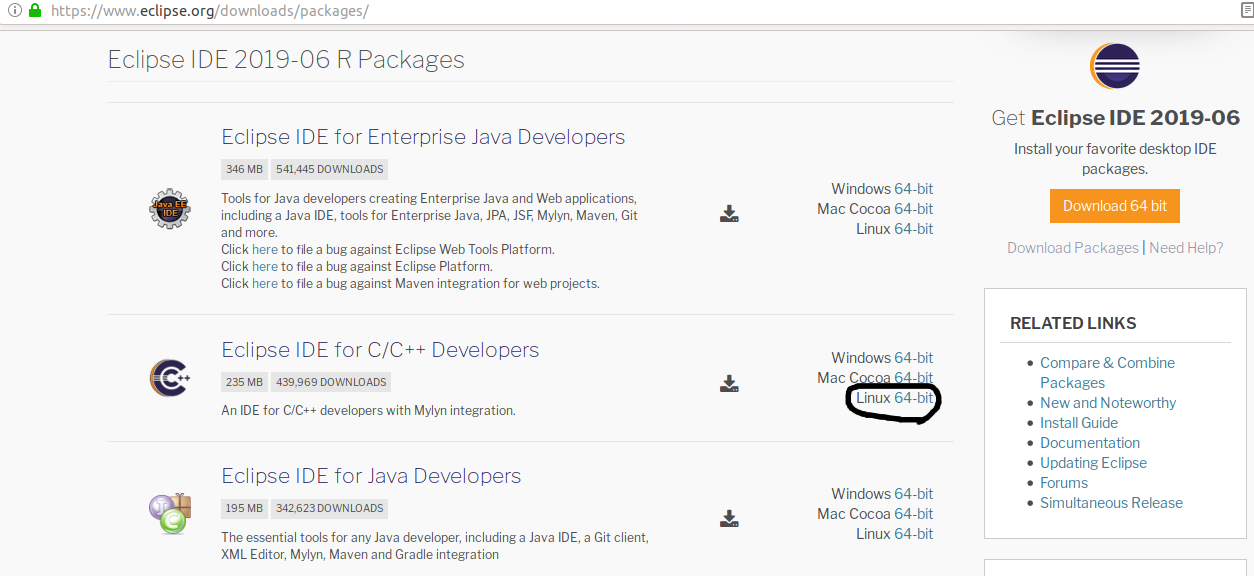

This step currently has to be run outside Eclipse.

Navigate to your project directory, and run make menuconfig to configure your project’s esp-idf settings. Outside Eclipse, open a command line prompt.Click OK to close the Properties dialog in Eclipse.These errors and warnings will go away after you build the project. This is because some source files are automatically generated as part of the esp-idf build process.

When this option is enabled Eclipse sometimes fails to find correct header directories.īefore your project is first built, Eclipse may show a lot of errors and warnings about undefined values.
Uncheck “Allow heuristic resolution of includes”. Check “Enable project specific settings” to enable the rest of the settings on this page. Navigate to “C/C++ General” -> “Indexer” property page: In the list of providers, click “CDT GCC Build Output Parser” and change the “Compiler command pattern” to xtensa-esp32-elf-(gcc|g\+\+|c\+\+|cc|cpp|clang). Change “Command to get compiler specs” to xtensa-esp32-elf-gcc $". In the list of providers, click “CDT Cross GCC Built-in Compiler Settings”. Navigate to “C/C++ General” -> “Preprocessor Include Paths” property page: This is so that the system Python, which has pyserial installed as part of the setup steps, overrides any built-in Eclipse Python. On macOS, add a PYTHONPATH environment variable and set it to /Library/Frameworks/amework/Versions/2.7/lib/python2.7/site-packages. Keep the current value, and append the path to the Xtensa toolchain that will installed as part of IDF setup ( something/xtensa-esp32-elf/bin) if this is not already listed on the PATH. 
The value should be the full path where ESP-IDF is installed.
Click “Add…” again, and enter name IDF_PATH. Click “Add…” and enter name BATCH_BUILD and value 1. Click on the “Environment” properties page under “C/C++ Build”. Right-click the project and choose Properties from the context menu. The new project will appear under Project Explorer.








 0 kommentar(er)
0 kommentar(er)
